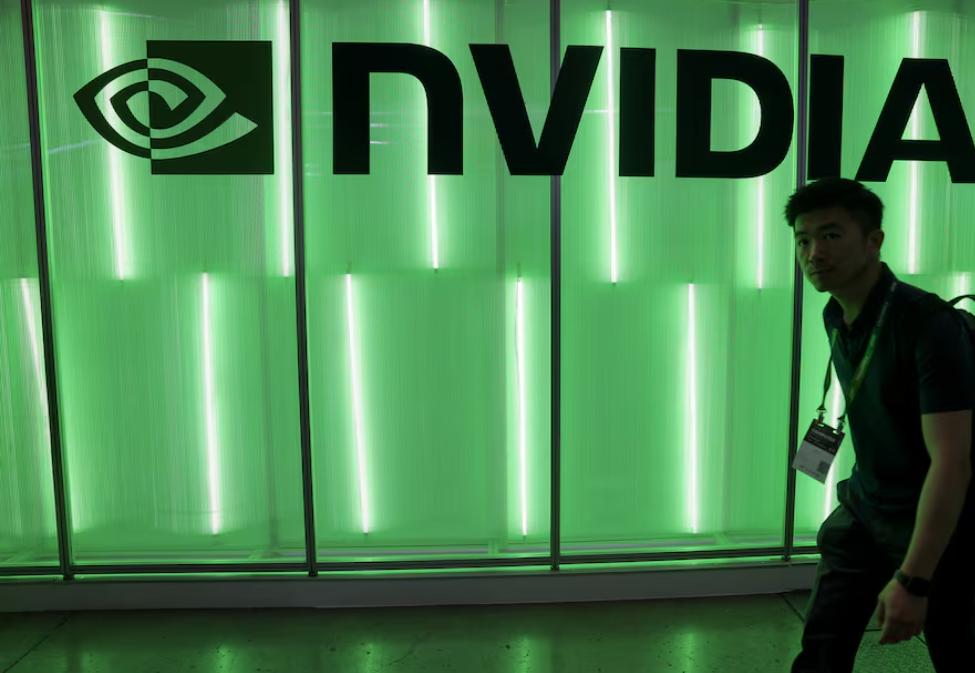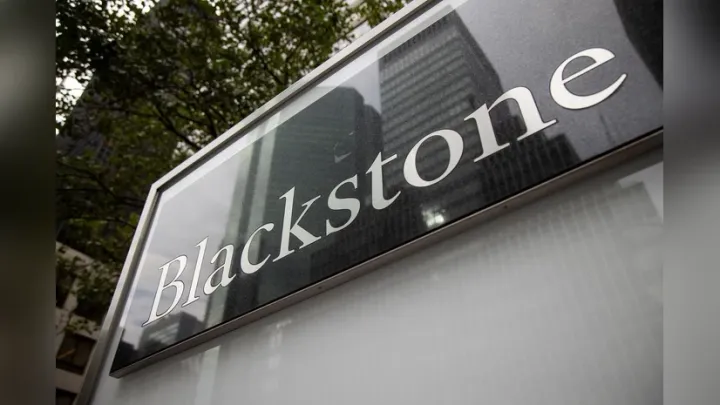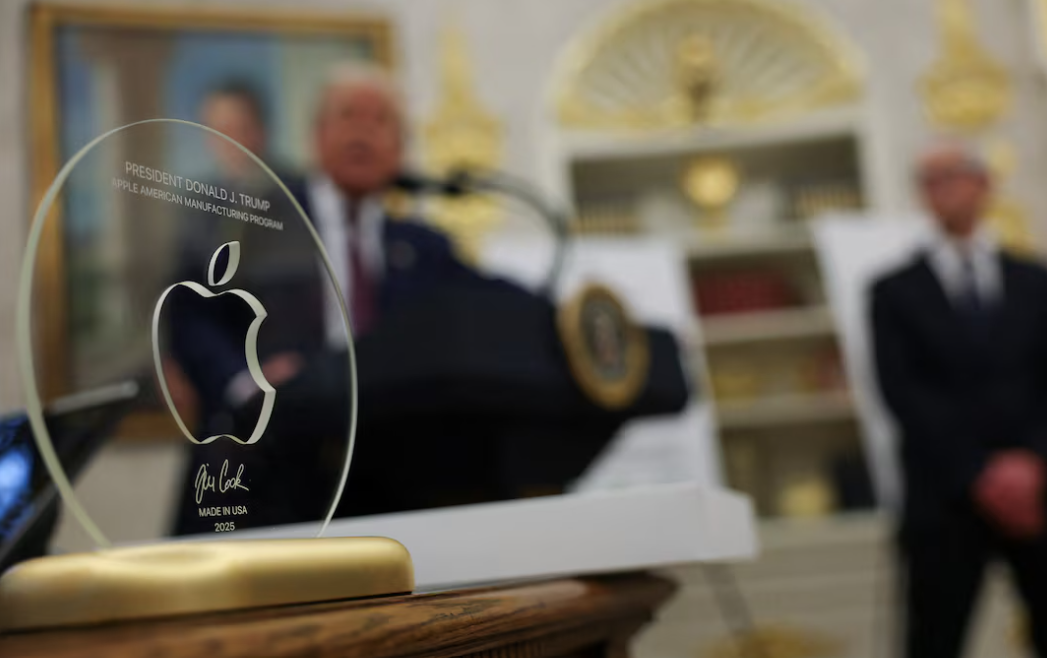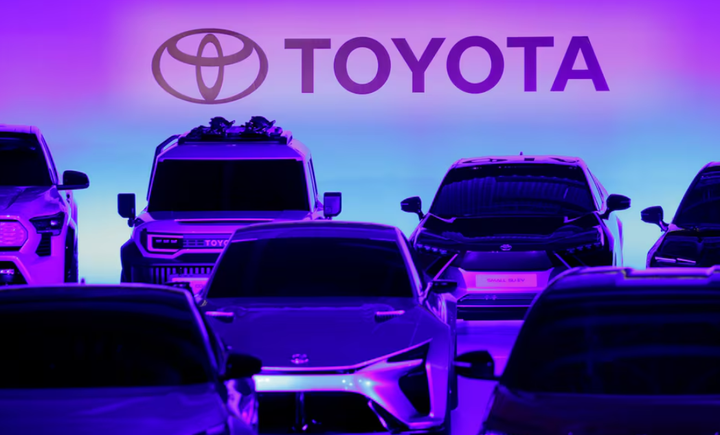Nvidia Buys 300,000 H20 Chips from TSMC as Resurgent Chinese Demand Boosts Orders

In a telling sign of continuing U.S.-China tech tensions, Nvidia has ordered a new batch of 300,000 H20 chips from contract chipmaker Taiwan Semiconductor Manufacturing Co. (TSMC), two people with knowledge of the situation said. The move is a change of approach from Nvidia's earlier strategy of tapping its current inventory instead of ramping up output.
A Strategic Reversal
The move by Nvidia to reinstate orders for H20 comes in the wake of a recent policy shift by the Trump administration, which had earlier imposed a ban on April 2025 limiting China's sales of high-end AI chips such as the H20. The ban was included in wider U.S. moves to restrict China's access to high-performance GPUs for reasons of national security. But then, in a stunning reversal, the administration this month lifted the ban as part of trade talks with Beijing, specifically on rare earth magnets—key components in today's electronics and military uses.
Demand Surge from China
Renewed orders are coming from the robust demand of Chinese tech giants such as Tencent, ByteDance, and Alibaba, very aggressively deploying H20 chips in support of the deployment of AI models, including DeepSeek. Insiders say that these new orders would fall into a large inventory of 600,000 to 700,000 units of H20. According to industry research firm SemiAnalysis, Nvidia sold close to 1 million H20 chips in 2024.
While the H20 is not as strong as Nvidia's leader H100 and its more recent Blackwell processors, it was crafted particularly to satisfy U.S. export compliance regulations while providing meaningful AI capabilities suited to the Chinese market.
Regulatory Uncertainty
Even after making the order, Nvidia is still waiting for final permission from the U.S. Department of Commerce to export the H20 units. Though the company was said to have been assured of the licenses being approved, official approvals have not yet been made. Nvidia and TSMC declined to make any comments regarding the status of the order or the licensing process.
Ahead of time, Nvidia has already started requesting Chinese customers for revised purchase documents, such as projections and itemized client usage plans, showing the firm is gearing up for the possible green light.
Geopolitical Stakes
The H20 chip has emerged as a focus in the wider U.S.-China tech rivalry. Lawmakers on both sides of the aisle in the U.S. have criticized the resumption of H20 exports, which they warn could undermine American dominance of artificial intelligence. Nvidia maintains that it must have a presence in China to keep developers inside its ecosystem, particularly as competition from local firms such as Huawei increases.
The Chinese fondness for Nvidia chips can even be seen in the black market, where there is a boom in repairs and illegal imports following the demand for prohibited GPUs.
Financial Stakes for Nvidia
The previous export prohibition imposed serious financial burdens on Nvidia. The firm threatened to have to write off $5.5 billion of undisposable stock and forego $15 billion in projected revenue. The new H20 purchase could recover some of that lost potential and reestablish Nvidia's leading position in AI hardware sales, though under a shadow of regulatory uncertainty.
FAQs: Nvidia's H20 Chip Orders and U.S.-China Tensions
What is the H20 chip, and how is it different from Nvidia's other AI chips?
H20 is a graphics processing unit (GPU) developed by Nvidia specially for the Chinese market. It is less computational in power compared to Nvidia's top H100 and Blackwell series chips but is exportable to China according to U.S. regulations.
Why did Nvidia reorder the H20 after it had stockpiled inventory?
Nvidia initially intended to fall back on its current inventory of H20 chips, but more-than-expected demand from Chinese companies caused the firm to order an additional 300,000 units from TSMC.
Is the U.S. government permitting shipping of H20 chips to China?
To date, the U.S. Department of Commerce has not officially signed off on the necessary export licenses for shipments of H20. Nvidia is proceeding on the assumption that the licenses will shortly be approved, using informal guarantees.
How are politics influencing Nvidia's chip business in China?
US political pressure to limit AI technology exports has put Nvidia in a state of uncertainty. Although the Trump administration temporarily banned sales of H20, it backtracked in July 2025 amid larger trade negotiations with China. Nevertheless, bipartisan concerns within Congress are still robust.
To what extent did the April ban affect Nvidia's finances?
Nvidia calculated that it might lose $15 billion worth of potential sales and suffer from a $5.5 billion write-down of its inventory because of the H20 prohibition. Relaunching orders and future deliveries could reduce these losses.



